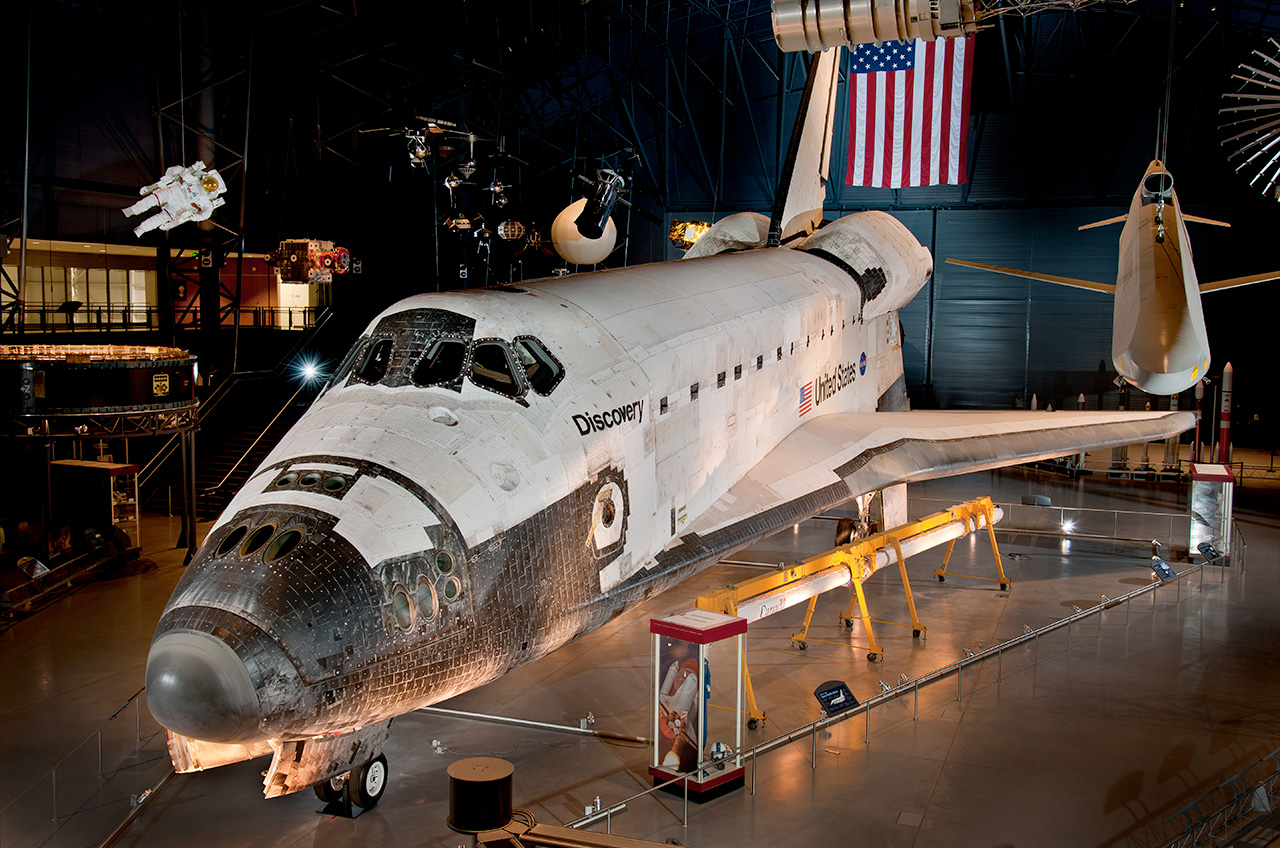G’day,
Last night the Cassini orbiter, developed and launched by NASA, the European Space Agency, and Italian Space Agency 20 years ago, finished her mission by burning up in Saturn’s atmosphere, after travelling almost 8 billion kilometres and circling Saturn and its moons for the past 13 years. She brought us untold wealths of information about our solar system’s second largest gas-giant, not least being the discovery of several previously unseen moons, before sending back one last transmission to a standing ovation of NASA’s best and brightest as it plummeted into Saturn’s atmosphere, burning up within a minute.
20 years earlier, the Voyager space probes were launched on their own missions to explore our solar system, and they are still talking to us 40 years later from the very edge of our corner of space. No one expected them to go so far nor remain in contact for so long, and who knows where or when their journey will end.
http://blogs.discovermagazine.com/crux/files/2013/03/voyager1_high.jpg
Currently, Curiosity is just one of several rovers roaming the surface and probing the - well - top few inches of an alien planet, digging for both signs and support of life on Mars. And with each new rover, we learn more about our neighbour, and more about the technology needed both to survey and to survive the harsh climate of the red planet.
Despite the origins of the Space Race of the 60’s, up above our heads as we speak, humans are circling the planet aboard our own creation, a joint effort between nations to see our species permanently stationed in space.
For decades humans have dreamt of living in space, and on alien worlds. Science Fiction may not be the most popular genre, yet it is one of the most imaginative, and itself has then inspired us to strive to push the boundaries of own world and develop the technologies required to make those dreams come true. Eyes are now more than ever on Mars, with plans to leave our footprint on a 3rd astral body.
Whilst much of those dreams have involved aliens, both benevolent and otherwise, the reality likely will be a lonely journey amongst the stars, due simply to the scale of space and time involved. Whilst I’ve no doubts that alien life has existed in the past, does exist right now, or will exist in the future, we’ll likely never encounter it due to the passage of time, and size of space.
A fan myself the sci-fi genre, and long-time dreamer, I only wish I could be alive to see the day that humankind truly steps out of the Earth’s shadow, overcome the limits that bind us to our current celestial position, and learn not only to explore this Universe, but to work together in doing so.




 Dreamer. That’s me.
Dreamer. That’s me.


